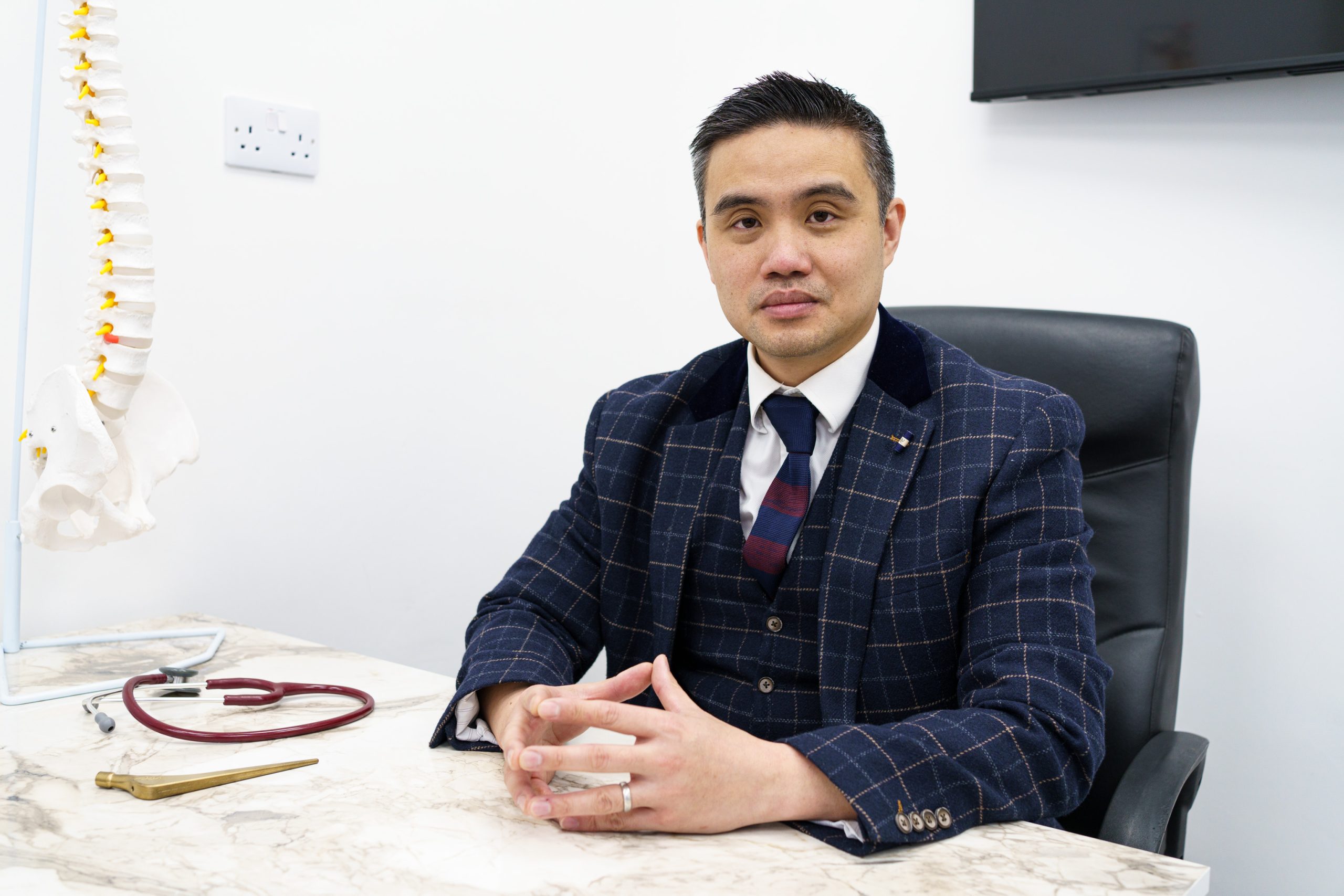

How to identify common signs of cartilage damage


Effective Ways to Restore Knee Cartilage Without Surgery




In the dynamic world of musculoskeletal health, understanding the nuances of common injuries like medial meniscus tears is crucial. This condition not only affects athletes but also individuals engaging in everyday activities, making comprehensive knowledge about treatment options a necessity for many. With this guide, we aim to shed light on the most effective treatment methods for medial meniscus tears, ensuring you’re equipped with the information needed to make informed decisions about your care.
The medial meniscus is a critical component of the knee joint, acting as a shock absorber and contributing to the joint’s stability. A tear in this structure can lead to pain, swelling, and limited mobility, significantly impacting one’s quality of life. Factors contributing to such injuries include acute trauma, degenerative changes, and overuse, making it a common ailment encountered in orthopaedic practice.
Conservative Management: Initially, non-operative treatments such as physiotherapy, rest, ice, compression, and elevation (RICE), alongside non-steroidal anti-inflammatory drugs (NSAIDs), are recommended. These measures aim to reduce inflammation and pain, promoting healing and function restoration.
Physical Therapy: A tailored exercise program enhances knee strength and flexibility, crucial for recovery and prevention of future injuries.
Surgical Intervention: For tears not amenable to conservative treatment, surgery may be necessary. The choice between meniscus repair and meniscectomy (partial or total removal of the meniscus) depends on the tear’s location, type, and patient-specific factors.
Advanced Surgical Options: Techniques such as meniscal transplantation and regenerative medicine approaches, including stem cell therapy and platelet-rich plasma (PRP) injections, represent the frontier of treatment, offering new hope for patients seeking to preserve their knee function and delay joint degeneration.
The decision-making process is multifaceted, involving the consideration of symptom severity, the tear’s characteristics, patient activity level, and long-term joint health goals. A thorough evaluation by an orthopaedic specialist is paramount to devising a personalized treatment plan that aligns with the patient’s specific needs and aspirations.
Surgery is considered when conservative treatments fail to improve symptoms, or the tear is deemed irreparable through non-surgical means. Factors like tear size, location, and impact on knee function play a critical role in this decision.
Some small, peripheral tears with adequate blood supply may heal without surgical intervention, provided that appropriate conservative measures are taken.
Meniscus repair aims to preserve the meniscus, which is beneficial for long-term knee health and function, reducing the risk of osteoarthritis development compared to meniscectomy.
Recovery times vary depending on the surgery type, ranging from a few weeks for simple procedures to several months for more complex repairs or reconstructions.
As with any surgical procedure, risks include infection, blood clots, and complications related to anaesthesia. However, these are relatively rare.
Emerging regenerative treatments show promise in enhancing meniscal repair and regeneration, offering an alternative to traditional surgical methods. These therapies are particularly appealing for patients interested in cutting-edge, less invasive options.
At London Cartilage Clinic, our philosophy integrates orthopaedics, musculoskeletal medicine, and regenerative treatments to offer comprehensive care for conditions like medial meniscus tears. By staying at the forefront of medical advancements, we strive to provide our patients with the best possible outcomes, prioritising their health, mobility, and overall well-being. Whether through conservative management, surgical intervention, or the latest regenerative techniques, our dedicated team is committed to guiding you through your recovery journey, ensuring you return to the activities you love with confidence.

